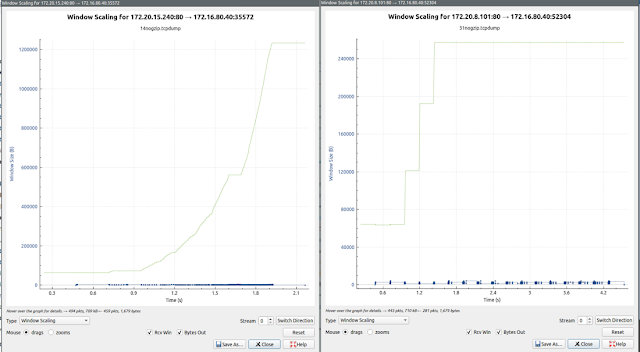Review: India After Gandhi: The History Of The World's Largest Democracy
My rating: 5 of 5 stars
As I set to type this review, I also seriously consider not doing so, on account of my naivete. In all fairness, I am new to this genre and this book had been lying around for more than a year in my shelf, till I started reading it after I had finished some 100 odd pages in a friend's copy.
I have not read any other book that was so dense as this and yet so well-paced. The amount of information in each page is staggering. The only book I know that has more footnotes than this is, perhaps, the Infinite Jest.
I started off by watching a TEDx video my Mr.Guha. He was so articulate in his views that I was compelled to read the book immediately. And in his book, he is more articulate, more evocative than I had imagined a writer of history can be.
India, is in it's own right, an exception in the world, as a nation. It had not satisfied any condition that major historians and theorists of the day mandated to the formation of a successful, lasting nation. There was no unifying language, no unifying way of life. The Hindus, even with their majority were not keen on establishing a government guided by Hinduism. Hence, religion as a unifying factor to establish a nation was out too. There was only the common theme of being at the receiving end of European colonialism. And that was not enough to forge a united nation, many historians and journalists predicted, at the time, of which Guha is generous to include many samples.
One cannot blame those people who predicted the downfall of India as a nation soon after the British left. The Indian populace was illiterate, yet granted adult franchise. A wave of nationalism dominated the first election. It was famously said that 'even a lamp post can win if it contested under Congress auspices'. In essence, India was the first modern complete democracy. It started off as a constitutional one, and has morphed into a populist one.
India had its share of wounds too. It was deeply hurting from the communal riots incited as a result of the partition. In fact, the communal violence would continue to dog the country well into the twenty first century, initially condemned by the government and sometimes condoned and actively aided by it, episodically.
There was no scarcity for secessionist claims either. It seems like throughout the second half of the century, after the Indian Union came into being, almost every corner of the country wanted a separate nation, every province harbored a desire to be declared a sovereign nation. Domestic terrorism had its share, for good(!) measure.
There was the issue of neighbours, their aggression, non pragmatic foreign policies and internal economic policies, all product of the nationalist sentiment that ran high when these were enacted and enforced. And they have all come to pass, with better versions replacing them, albeit slowly, often obstructed by recalcitrant politicians with vested interests and policy makers with Anchor bias and tunneled visions.
It is to be noted that, as an (unfortunate) consequence of adopting a democracy, India had to tolerate its politicians. That the literacy rates were below the average of similar democracies / freshly liberated colonies didn't help. India was gifted with great statesmen, who seeded the revolution, nurtured it and lived long enough to see it mature. In the initial decades things were decidedly better than they are now.
Since then, India has come a long way. And this book tells you the story of this country. Ramachandra Guha has done an excellent job of chronicling it, without even a hint of distaste towards the politicians or the policy makers or its executives. This is a remarkable achievement in itself.
India is the seventh largest country in the world. It is no mean task to select issues that need to be covered, in order to be representative of the government, the nation, and ultimately the populace. However, Mr.Guha proves to be just the man for this task. Nowhere does one feel that some issues were left out, or downplayed, or exaggerated. It must have been very hard to resist those temptations and be non-partisan. Too many historians have claimed to be authoritative re-tellers of the great Indian History. And Mr.Guha shames them all, and not through attacks, but through sheer scholarship.
I do not claim that I am enlightened now, even as far as the subject that has been covered in this book. But it is because of my own inability to retain and evaluate all the facts objectively. That I may have to re-read it multiple times to assimilate even the outline of the book is in no doubt.
The book is one giant story, sometimes titillating, sometimes depressing and sometimes neither. I made reading this book a ritual, covering a hundred pages in the morning every day. And it has paid off, richly. In part, it also subjected me to much chagrin, at the knowledge of just how much I didn't know about my own country. But Mr.Guha himself vindicates the great nation through his book. For all its imperfections and shortcomings, India has survived this long, and shall survive long enough that it will come to be seen as a country that has always been a democracy.
Near the end of the book, the author points out the lamenting of Isaiah Berlin, who pointed out that countries like India shouldn't be seen only as liberated subjects of European colonialism. They have their own distinct history, character, she says. And Mr.Guha's book does justice to that claim. No doubt this will go down as a classic, for it already has become a standard and authoritative text on the subject.
Highly recommended.
View all my reviews

Comments
Post a Comment